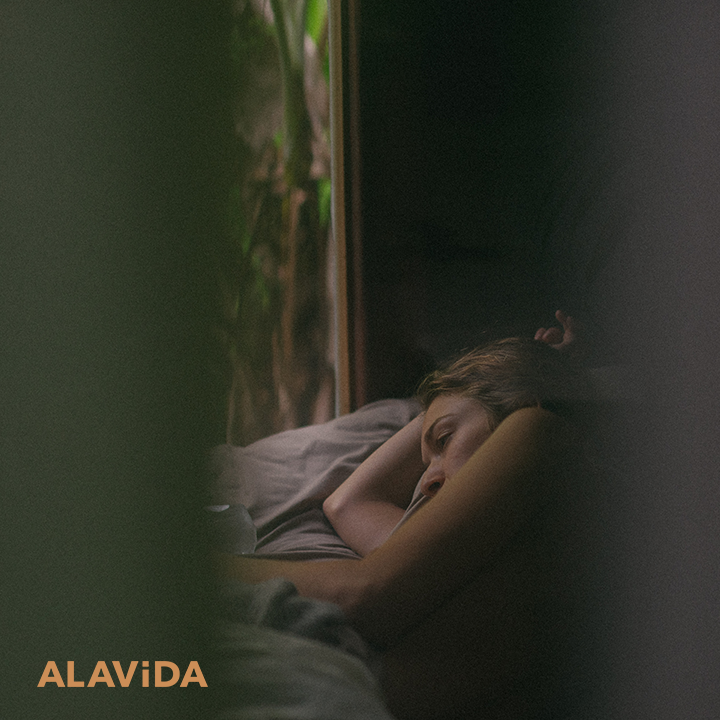Sleeping with the Enemy

By Kristen Hydes
 The evening routine; as a young child it often involved a bedtime story and a warm bath with scents of lavender and the soft voice of a loved one helping us transition into bedtime. There is an entire market dedicated to soothing “fussy babies” with lotions, music and sound machines.
The evening routine; as a young child it often involved a bedtime story and a warm bath with scents of lavender and the soft voice of a loved one helping us transition into bedtime. There is an entire market dedicated to soothing “fussy babies” with lotions, music and sound machines.
As a young adult or first year University student, the evening ritual often included late night cramming and fast food runs. There may have been occasional parties and binge drinking on the weekends, however, an evening nightcap of a “hard day” at school was not always routine on a weeknight (save that one for the ‘Weekend Warrior’ to emerge). And then after, as we embark on our career paths with longer hours and stressful days, we begin to introduce alcohol as a part of the evening routine.
It often begins with having a glass of wine while cooking dinner for your partner, or a gin and tonic on the patio with colleagues after a long day at work. You can overhear other groups of people collecting over the mantra of “we deserve this” and “work hard, play harder”.
The drinks progress over the evening at home and you feel that you have arrived to a sensation of “calm”; things feel less intense and your pervasive thoughts over the next day seem to have softened. You feel that you are able to find a sense of peace that lends you to falling asleep on the couch (with the TV still on) or slipping into slumber as soon as you hit the pillow of your bed.
It may appear that this routine of “winding down” in the evening is helpful to your sleep, and reduces your experience of stress. Unfortunately, the effects of continuous exposure to alcohol in large volumes on a daily basis impacts our nervous system and our overall ability to regulate and self-soothe. There is a known correlation between the dependency of alcohol and symptoms of anxiety. When we no longer know how to “cope” with everyday stressors without the aid of alcohol, we create a very attached relationship to alcohol as a means to settle.
As the pattern of using alcohol for a means to sleep consists over time, removing alcohol from the evening routine will often result in feelings of anxiousness, insomnia and discomfort. Therefore, it may be helpful to start challenging the evening beer after dinner, or third glass of wine at the dinner table.
Challenging your ‘night-cap’:
In order to challenge the relationship between our alcohol dependencies for sleep, we must introduce evening rituals that allow for similar effects to comfort the nervous system, without depending on the effects of alcohol for slumber.
- Try reducing your alcohol content 4 hours before your estimated “bedtime”. This will allow for your body to begin metabolizing the alcohol and reduce the impact that alcohol has on our REM sleep – crucial for us to feel ‘rested’.
- Create “clean” bedtime habits; such as reducing screen time before bed and ensuring the bedroom is a haven for rest.
- Introduce a new evening “ritual” such as finding an enjoyable non-caffeinated tea before bedtime or rubbing hands and feet with lavender oil.
- While in bed, allow for reflection at the end of the day by keeping a journal near your bedside table to identify what might be causing the issues and impacting your sleep. If a journal does not appeal to you, you may be interested in reflecting three things you are grateful for at the end of each day as a practice of mindfulness.
Access the ALAViDA TRAiL app.

Kristen Hydes is the Clinical Program Manager at ALAViDA. She’s a registered social worker and holds a Master in Counselling Psychology, and has over 10 years of experience counselling individuals and families. Kristen holds a passion for working with clients and families who are impacted by addiction, and pulls from evidence based methods of counselling to ensure the highest standard of care.